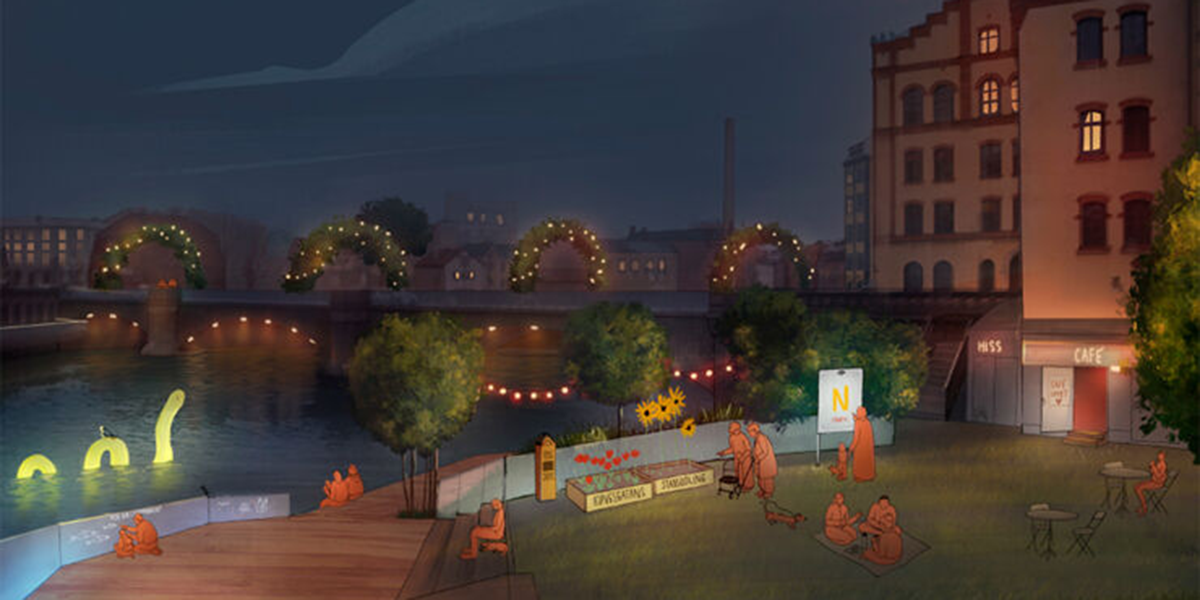
Abstract
Smart cities build on the idea of collecting data about the city in order for city administration to be operated more efficiently. Within a research project gathering an interdisciplinary team of researchers – engineers, designers, gender scholars and human geographers – we have been working together using participatory design approaches to explore how paying attention to the diversity of human needs may contribute to making urban spaces comfortable and safe for more people. The project team has deployed sensors collecting data on air quality, sound and mobility in a smart city testbed in Norrköping, Sweden. While these sensors are meant to capture an accurate ‘map’ of the street and what is going on along it, our interdisciplinary conversations around the sensors have revealed the heterogeneity both of smart city planning and spatial formulations of the city. The discussions have given rise to questions regarding the work that goes into constructing the sensor box itself, as well as the work of deploying it, and how these influence the ‘map’ that the sensors produce. In this paper, we draw on Lefebvre to explore how the sensors themselves produce smart spaces. We analyze how the box depends on perceived space to function (e.g. requiring electricity), and simultaneously it produces conceptualizations of space that are influenced by the materiality of the box itself (e.g. sensors being affected by heat and noise). Further, we explore how the (in)visibility of sensor technology influences lived space.
Citation
Desiree Enlund,
Katherine Harrison,
Rasmus Ringdahl,
borutecene,
Vangelis Angelakis
The role of sensors in the production of smart cities
Big Data and Society, 9(2): doi:10.1177/20539517221110218, 2023.
Acknowledgements
This work was supported by FORMAS, a Swedish Research Council for Sustainable Development (grant number 2019-01281) and Norrköpings fond för forskning och utveckling (project Testbed Kungsgatan 2019-2021).